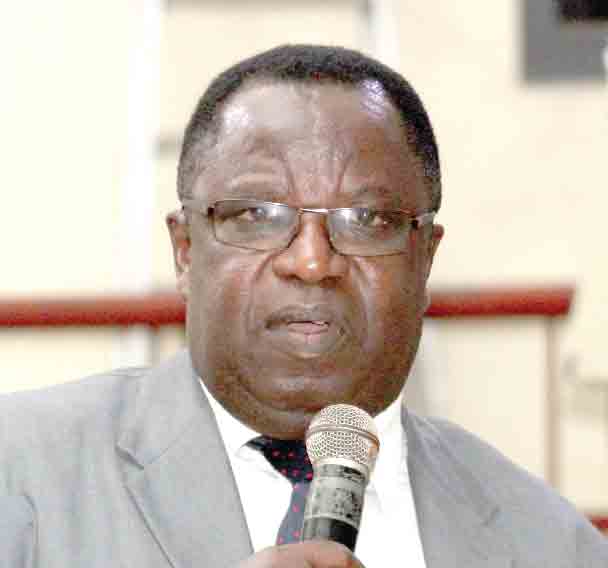
The timing, Mr Andani, who is also the Managing Director of Stanbic Bank, said, was appropriate to protect the bank’s depositors until it was financially rehabilitated.
“The bank will be returned to its owners after the six-month period when it is fully restored to financial health. The owners of the bank have absolute liability of the bank when it is financially rehabilitated,” he said.
The BoG last Tuesday declared uniBank insolvent and placed it under an official administrator, KPMG, to take control of the bank.
The move is aimed at saving the bank from imminent collapse and prevent potential losses to depositors and other creditors.
It is also designed to ensure that the financial condition of the bank does not create further risk for the country’s financial system.
Return to owners
Many people have wondered if the uniBank will be returned to its owners after the restoration of financial health by the local chapter of the international auditing firm.
There are yet others who have criticised the timing of the takeover of uniBank, coming on the back of the liquidation of the UT and the Capital banks.
But Mr Andani, in an interview with the Daily Graphic, said the timing was appropriate and the action was a step in the right direction to protect depositors’ funds before the financial situation of the bank worsened.
A banking consultant, Nana Otuo Acheampong, agreed with Mr Andani, saying that but for the swift intervention of the central bank, the situation could have deteriorated further.
“The timing is as good as any time because it is not the timing which is important but what is on the ground,” he said.
He was hopeful that the bank would be returned to its owners after the financial corrections, but under some conditions.

Nana Otuo Acheampong
Directors to meet conditions
“I am sure that the directors will be given some conditions to meet before they take full responsibility of the bank after it has been restored to financial health in six months,” he said.
He said if the central bank had not intervened, uniBank could have damaged depositors’ funds, which would have affected the country’s financial system.
He said the BoG was taking the action against uniBank now because the apex bank had observed many infractions and had been working with the management of the uniBank to correct those anomalies but the problems had persisted.
“Central banks do not always use the stick approach but use the carrot approach to guide you into line. It is only when you are not complying that the stick comes in,” Nana Acheampong said.
He emphasised the fact that uniBank had some value that the BoG had identified and that was why the central bank had not liquidated uniBank but only declared it insolvent, so that it could be rescued.
“Some of the challenges uniBank has gone through are purely a management problem, and if a bank’s management is making reckless decisions, you move in quickly to save the bank and its depositors,” he said.